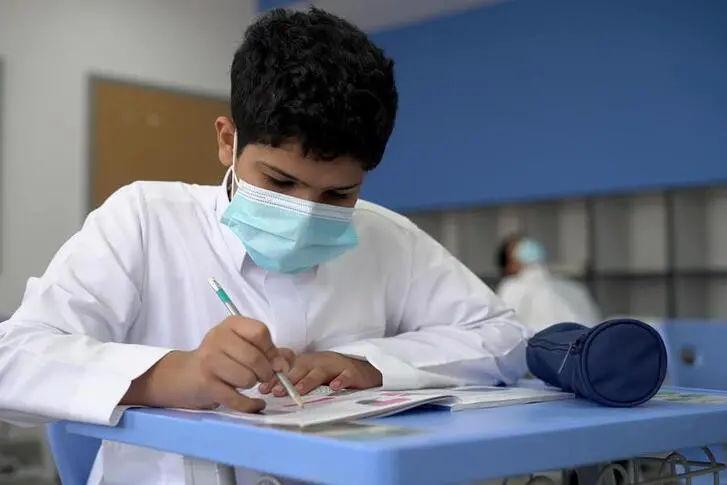PHOTO
Saudi Arabia’s Crown Prince Mohammed bin Salman recently launched a program to develop the nation’s human capabilities.
The national strategy aims to enhance the competitiveness of citizen’s capabilities locally and globally. It is an ambitious program that aims to enhance values, develop the fundamental skills of today and meet the future needs of the Kingdom’s labor market in sync with the rest of the world.
Early education is at the center of the program, which includes 89 initiatives to achieve 16 strategic objectives of Vision 2030. The pillars of the program are developing a resilient and strong educational base, preparing for the future labor market locally and globally, and providing lifelong learning opportunities.
Far too long, Saudi Arabia’s educational system has contributed to a mismatch between what the evolving job market required and what education system produced. The new program aims to do away with this discord.
It seeks to make a difference within the Kingdom and beyond by empowering future Saudi generations who are knowledgeable, skillful and productive members of society and can effectively contribute to the national economy and social well-being.
The core of the program, starting from kindergarten, is to ignite a passion for learning, prepare a youthful generation for the challenges of a digital environment, develop them as local and global citizens, and prepare them for a rapidly evolving work environment.
The strategy, if properly executed, will lead to the emergence of a generation that embodies certain characteristics where education plays a central role that leads to a virtuous cycle of continuous lifelong learning.
In a globalized age, intercultural interaction skills are just as important as digital skills, as well as leadership skills, entrepreneurial skills, self-reliance in resolving problems, overcoming challenges and having initiative. These skills are critical for fostering an entrepreneurial passion for startups and high-tech and innovative companies.
The program must foster a passion for learning from an early age, as well as instill a global outlook that is respectful to alternative opinions. The programs should also ensure that citizens take pride in their Saudi heritage and values, while being environmentally conscious in an era focused on environmental, social and governance approaches.
To succeed, the planned human capability development program has to incorporate a holistic integration of the different elements that encapsulates multi-stage education platforms to accelerate human skills programs and unlock their potential.
To ensure that academic programs are not taught in a vacuum, student trips to private and public organizations should be made part of the curriculum to better understand the complexities of professional work environments and create interest in different sectors.
While the primary focus has been on the younger generation, the crown prince has made it clear that the program has been developed to meet the needs and aspirations of all segments of society. The aim is to have the older generation retrained and supported to enable them to fully participate in the Kingdom’s economic future and utilize their experience instead of fading away in their retirement.
It is heartening that some retirees from national companies such as Saudi Aramco have established consultancy companies to continue offering their services and advice in many fields. Retraining these retirees in the digital age can only enhance their contribution to society.
Similar to the initial launch of the various Vision 2030 programs, the new human capability development program will be finely tuned and adapted with experience and results over time, but the goal post has been set to transform the Saudi educational system.
In the final analysis, it is quality human capital and its ability to use this in a productive manner that differentiates nations’ economic growth patterns over time, even if they lack natural resources, as countries like Singapore, South Korea and Japan demonstrate.
• Dr. Mohamed Ramady is a former senior banker and professor of finance and economics, King Fahd University of Petroleum and Minerals, Dhahran.
Copyright: Arab News © 2021 All rights reserved. Provided by SyndiGate Media Inc. (Syndigate.info).





















